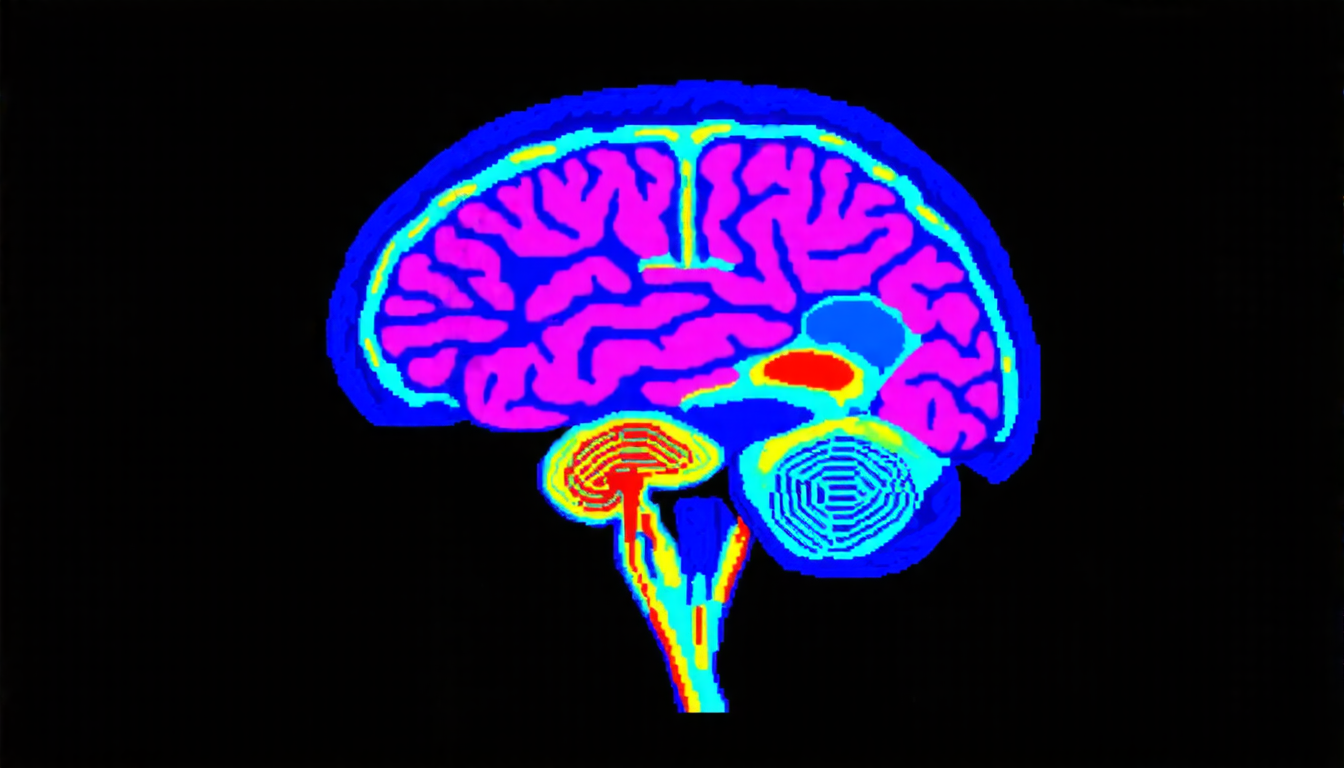Wednesday 10 September 2025
Researchers have made a significant breakthrough in developing an artificial intelligence system that can accurately diagnose and classify brain tumors using magnetic resonance imaging (MRI) scans. The new approach combines two neural networks, MobileNetV2 and DenseNet121, to create an ensemble model that is capable of identifying three common types of brain tumors: glioma, meningioma, and pituitary adenoma.
The system uses a soft voting strategy to combine the predictions made by each individual network, resulting in a highly accurate diagnosis. The researchers trained the model on a dataset of MRI images from patients with confirmed diagnoses, using a stratified 5-fold cross-validation protocol to ensure the accuracy of the results.
One of the key innovations behind this system is its ability to provide explanations for its predictions. This is achieved through the use of Grad-CAM++, a visualization technique that highlights the areas of the image that are most relevant to the diagnosis. This not only helps doctors understand how the AI arrived at its conclusion, but also provides valuable insights into the underlying biology of the tumor.
The researchers tested their system on a dataset of 150 MRI images and found that it achieved an accuracy rate of 91.7%, with precision, recall, and F1-score all above 90%. These results are significantly better than those achieved by individual neural networks, demonstrating the power of ensemble learning in medical imaging applications.
The clinical relevance of this system is undeniable. Brain tumors are notoriously difficult to diagnose, and accurate classification is crucial for determining the best course of treatment. The ability to provide explanations for its predictions also makes this system more trustworthy and accessible to doctors who may be hesitant to adopt AI-based diagnostic tools.
The researchers believe that their approach has the potential to be used in a clinical setting, potentially revolutionizing the way brain tumors are diagnosed and treated. However, before this can happen, the system will need to be tested on larger datasets and validated through clinical trials.
In practical terms, this means that doctors would use the AI system as part of their standard diagnostic workflow. They would input the MRI image into the system, which would then produce a diagnosis and provide explanations for its conclusion. This would not only help doctors make more accurate diagnoses but also provide valuable insights into the underlying biology of the tumor.
The potential implications of this research are significant. By providing doctors with a highly accurate and trustworthy AI-based diagnostic tool, we could potentially save thousands of lives every year.
Cite this article: “Artificial Intelligence System Accurately Diagnoses Brain Tumors Using MRI Scans”, The Science Archive, 2025.
Artificial Intelligence, Brain Tumors, Mri Scans, Neural Networks, Ensemble Learning, Diagnostic Accuracy, Medical Imaging, Tumor Classification, Grad-Cam++, Soft Voting Strategy







